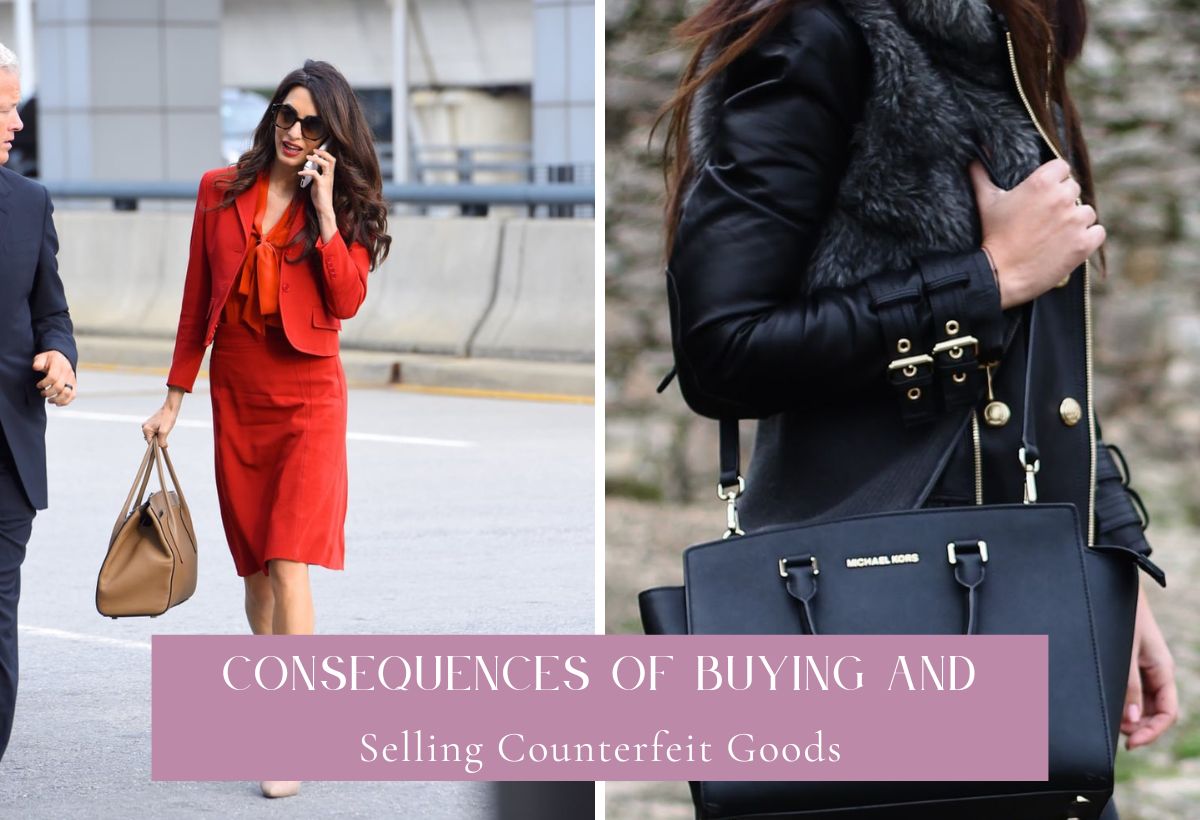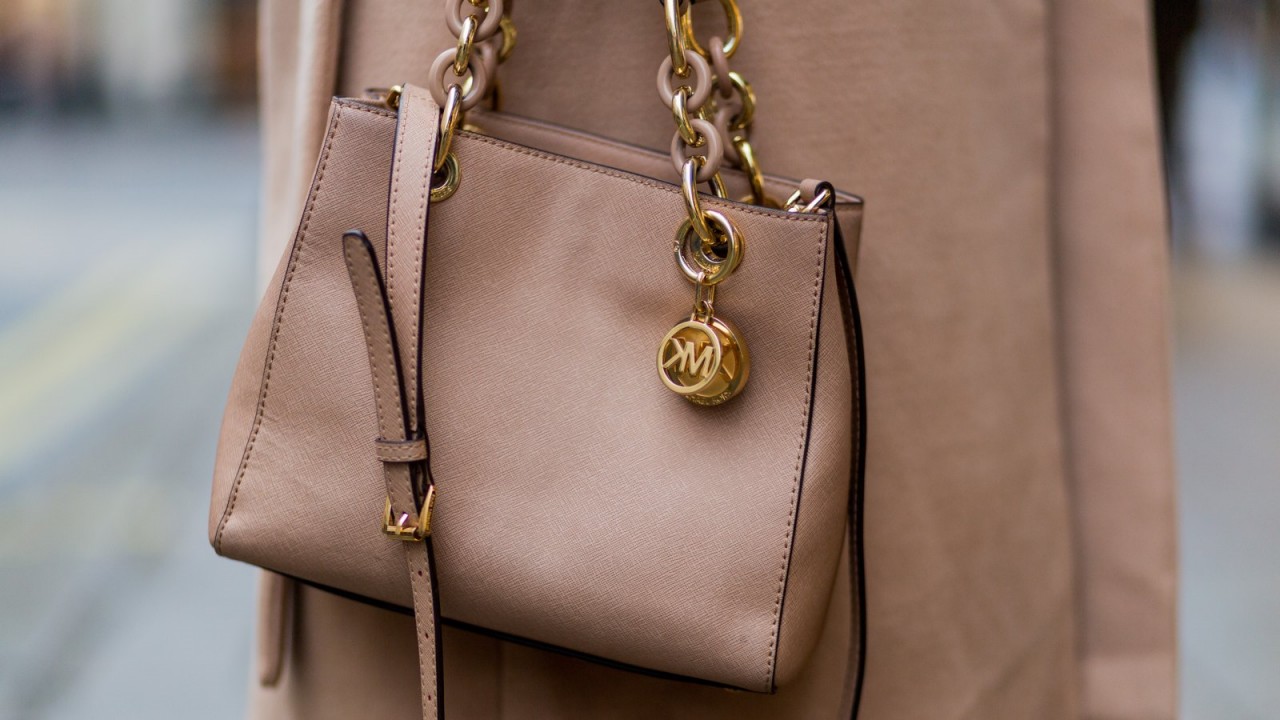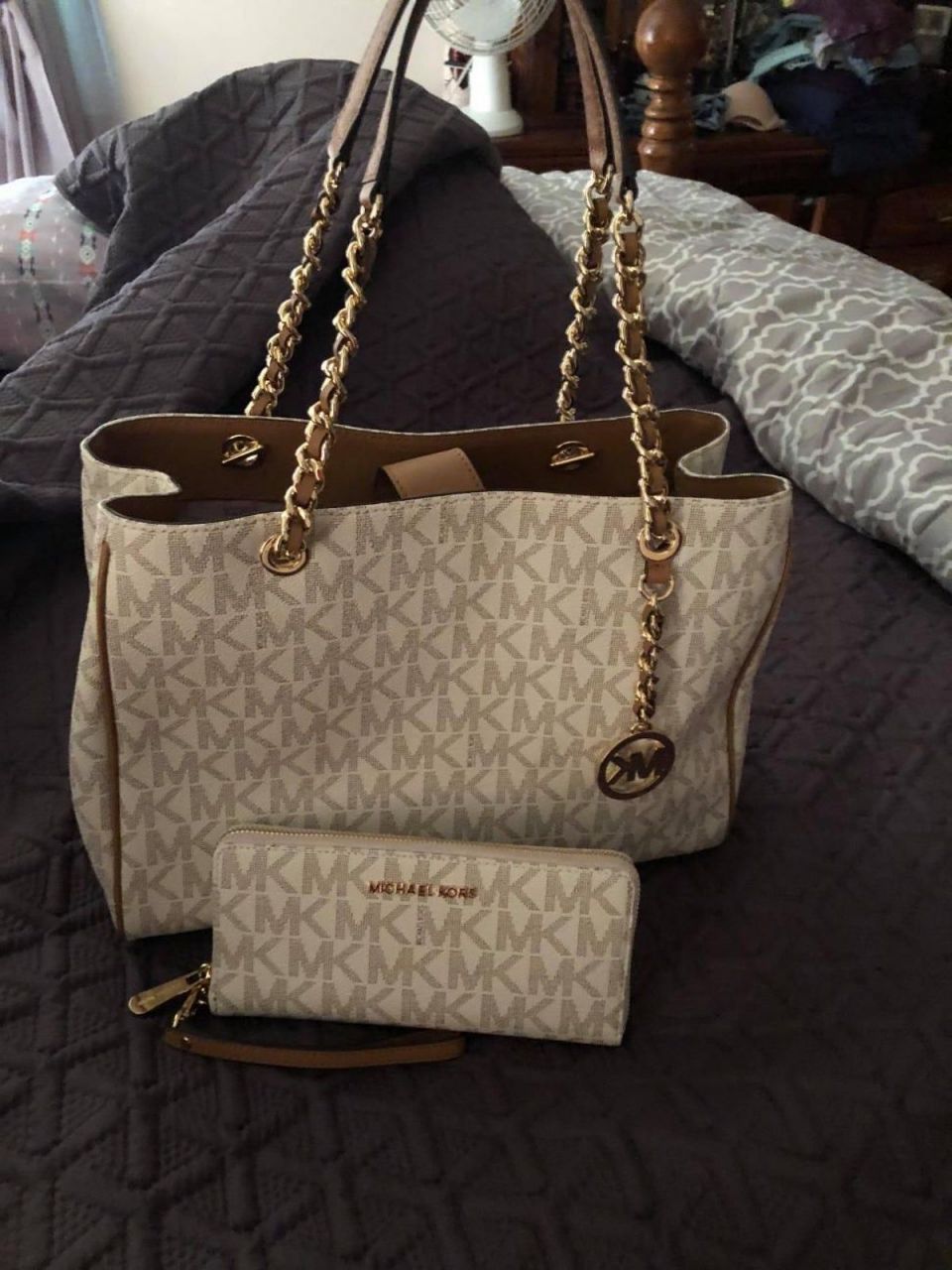
Counterfeit goods have permeated markets worldwide, posing significant challenges for both consumers and businesses. In this article, we will explore the various consequences of purchasing and selling counterfeit goods, shedding light on the legal risks, societal impact, and tips for avoiding legal trouble related to counterfeit products.
1. Understanding the Consequences of Purchasing Counterfeit Goods
Purchasing counterfeit goods may seem harmless at first glance, offering consumers the allure of luxury items at a fraction of the cost. However, the consequences of buying counterfeit products extend far beyond mere financial loss.
Counterfeit goods often lack the quality, durability, and safety standards of their authentic counterparts, posing risks to consumer health and safety. Moreover, purchasing counterfeit goods inadvertently supports criminal networks engaged in illicit activities, including fraud, money laundering, and organized crime.
2. The Legal Risks Faced by Buyers of Counterfeit Products : Michael Kors authentication
Counterfeit goods pose significant legal risks to buyers, especially when it comes to secondhand purchases. The authentication of a secondhand Michael Kors bag is crucial to ensure the authenticity of the item. Buyers who unknowingly purchase counterfeit products may find themselves entangled in legal disputes, facing potential repercussions ranging from financial losses to legal liabilities.
Without proper authentication measures in place, buyers of secondhand luxury items, such as Michael Kors handbags, are at risk of purchasing counterfeit goods. In the absence of authenticity verification, buyers may inadvertently violate intellectual property laws by possessing or distributing counterfeit products. This can result in legal consequences, including fines, civil penalties, and even criminal charges.
By prioritizing the authentication of secondhand luxury items, buyers can mitigate legal risks and safeguard themselves against potential legal troubles. Authenticating a secondhand Michael Kors bag involves thorough examination and verification of key authenticity indicators, such as craftsmanship, materials used, and branding elements.
3. The Impact of Buying Counterfeit Goods on Businesses and Society
The widespread proliferation of counterfeit goods undermines the integrity of markets, erodes consumer trust, and stifles innovation and economic growth. Legitimate businesses suffer significant financial losses due to counterfeit products flooding the market, resulting in lost revenue, damage to brand reputation, and job losses.
Furthermore, the sale of counterfeit goods contributes to a shadow economy that siphons resources away from legitimate industries and undermines regulatory frameworks designed to protect consumers and businesses.
4. Risks and Penalties Associated with the Sale of Counterfeit Products
Selling counterfeit goods is a lucrative but illegal enterprise that carries substantial risks and penalties for perpetrators. Counterfeiters may face civil lawsuits, criminal charges, and hefty fines for intellectual property infringement and fraud.
Law enforcement agencies worldwide are cracking down on counterfeit operations, employing sophisticated techniques to identify and prosecute offenders. Moreover, the sale of counterfeit goods undermines consumer confidence and damages the reputation of legitimate businesses, further exacerbating the problem.
5. Tips for Consumers and Sellers to Avoid Legal Trouble Related to Counterfeit Goods
To avoid legal trouble related to counterfeit goods, consumers and sellers alike should exercise caution and due diligence in their transactions.
Consumers should purchase goods from reputable sources, verify product authenticity, and report suspected counterfeit activities to the appropriate authorities. Sellers should refrain from engaging in the sale of counterfeit goods, conduct thorough supplier due diligence, and implement robust anti-counterfeiting measures to protect their businesses and customers.
In conclusion, the consequences of buying and selling counterfeit goods are far-reaching and multifaceted, impacting consumers, businesses, and society at large. By raising awareness of the legal risks, societal impact, and preventive measures related to counterfeit products, we can collectively combat this illicit trade and foster a marketplace built on integrity, trust, and authenticity.




